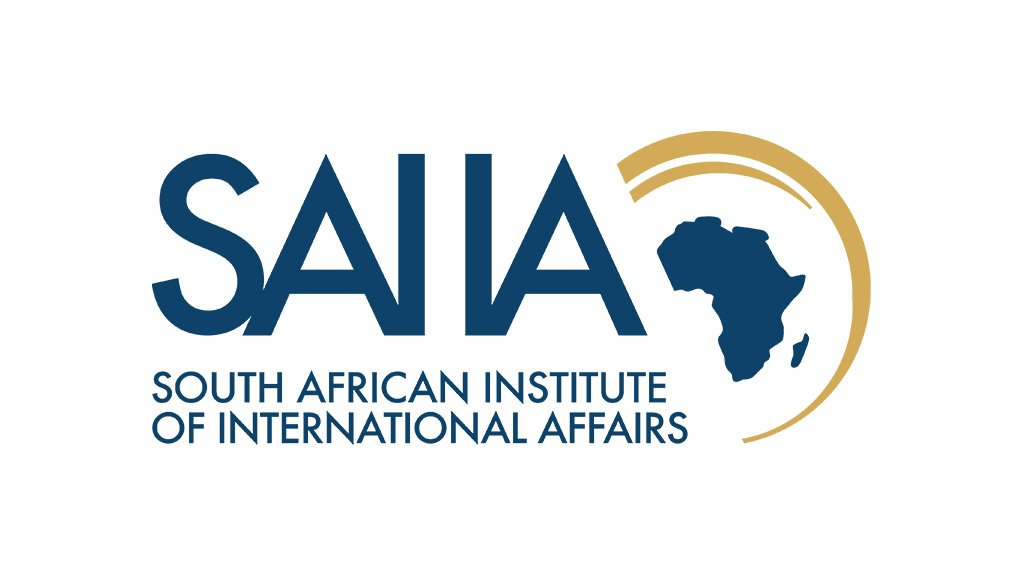One year after violent conflict between Russia and Ukraine broke out, the African continent has not been spared the war's harsh effects.
The 24 February 2023 marked the first anniversary of the Russian invasion of Ukraine. In this interconnected, globalised world, no region has been immune from the fallout of this war. Africa is no exception.
Fearing the possibility that Kyiv would join the European Union (EU) and the North Atlantic Treaty Organisation (NATO), Moscow sent in soldiers, tanks and missiles. It argued, among other things, that it was “denazifying” its neighbour, protecting Russian speakers and redressing historical grievances. The savage violence has resulted in the deaths of thousands of people, devastated Ukraine’s infrastructure and forced millions to flee their homes. Russian President, Vladimir Putin, has hinted at the possible use of nuclear weapons and pulled out of arms-control agreements with the US.
Neither side has been able to prevail on the battlefield. Both still believe they can, especially as Western countries have armed and supported Ukraine. Genuine peace talks seem far away as the belligerents don’t trust each other.
As the world braces for both Russian and Ukrainian counteroffensives in the northern spring, it’s clear that the effects of this conflict have reached far beyond Europe’s borders. Rising food, fertiliser and fuel prices have compounded the adverse effects of two years of Covid-19 on Africa’s economies. This war has shown Africa that it cannot feed itself. Heavy dependence on grain imports from Ukraine and Russia prompted the African Union to travel to Moscow in June to propose a deal to make the Black Sea safe for grain shipments to the continent, resulting eventually in the Turkish-UN-brokered Black Sea Grain Initiative.
On the diplomatic front, African states have been courted and cajoled. Senior Western, Ukrainian and Russian diplomats have crisscrossed the continent over the last year, attempting to win African hearts and minds. While some capitals have lined up behind the Western world’s condemnation of Russia, most have chosen a posture of neutrality or non-alignment. African states have had the largest number and percentage of abstentions on UN General Assembly resolutions on Ukraine of any region. African leaders have attempted to assert their agency to avoid being pawns in a great power chess game.
The more Europeans and Americans pushed and protested, the closer they seemed to be driving African states into the other camp. For instance, Western criticism of South Africa for its joint military exercises with Russia and China off the coast of KwaZulu-Natal in February 2023 made South Africa even more determined to go ahead with them, even as they coincided with the anniversary of the invasion.
Will African states be able to continue not picking sides? It seems the courting is set to continue, to sway them one way or the other. It remains to be seen if the rest of the world will resort to rewards and punishments, although this wouldn’t be far from how international relations have been conducted for centuries. As this war grinds on, African governments’ choices will undoubtedly be watched from Brussels, Moscow and Washington, DC. and, of course, by their citizens as well.
Research by Steven Gruzd, the South African Institute of International Affairs
EMAIL THIS ARTICLE SAVE THIS ARTICLE ARTICLE ENQUIRY
To subscribe email subscriptions@creamermedia.co.za or click here
To advertise email advertising@creamermedia.co.za or click here











